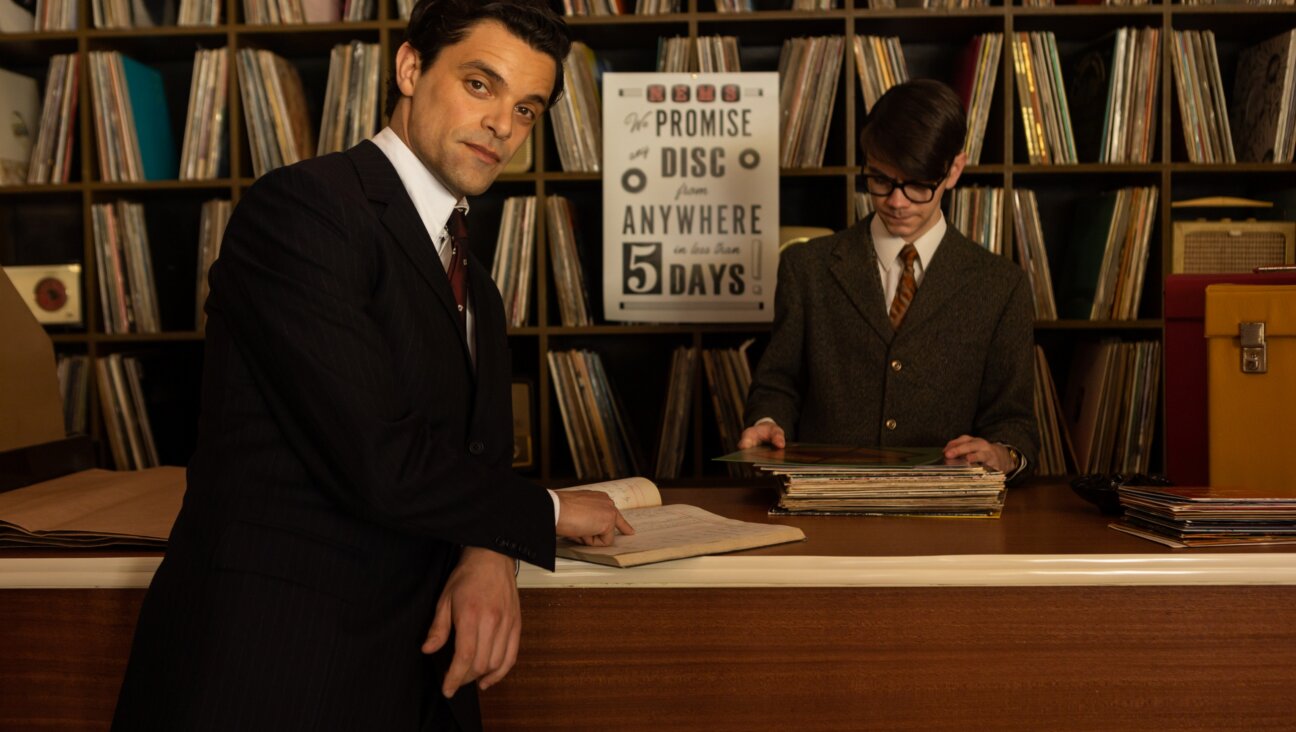Record 2.05M People Visit Auschwitz in 2016

Image by Getty Images
WARSAW, Poland (JTA) – More than 2 million people from all over the world visited the Auschwitz Museum in 2016.
The 2,053,000 visitors is a record number in the history of the Museum, which this year will mark the 70th anniversary of its creation, the museum said in a statement on its website.
The top ten countries from which visitors came were Poland, with 424,00; the United Kingdom, with 271,000; the United States, with 215,000; Italy, with 146,000; Spain, with 115,000; Israel, with 97,000; Germany, with 92,000; France, with 82,000; the Czech Republic, with 60,000; and Sweden, with 41,000.
The numbers include 61,000 organized tour groups, and individually conducted tours by museum guides for 310,736 people, according to the museum. In addition, some 150 movie crews produced documentaries at the museum and memorial last year.
“In today’s world, torn by conflicts, increased feeling of insecurity and strengthening of populist tones in public discourse, it is necessary to re-listen to the darkest warnings from the past,” said Piotr Cywinski, director of the museum, in a statement announcing the museum census for 2016.
Last week, a Polish organization fighting for fathers’ rights compared Auschwitz to the obligation to pay alimony. On its website the group posted a photo of the entrance gate of the camp, where the sign “Arbeit macht frei” or “Work makes you free,” was changed to “Work on alimony makes you free.”
Fathers are demanding the elimination of the obligation to pay maintenance for those fathers fighting for custody of their children.
The Museum protested on Facebook and asked for the removal of the doctored photo.
“The use and instrumentalization of the tragedy of Auschwitz is sad and inappropriate, and painful for many people, including those who survived the nightmare of Auschwitz,” said the post on Facebook.
A message from our Publisher & CEO Rachel Fishman Feddersen

I hope you appreciated this article. Before you go, I’d like to ask you to please support the Forward’s award-winning, nonprofit journalism so that we can be prepared for whatever news 2025 brings.
At a time when other newsrooms are closing or cutting back, the Forward has removed its paywall and invested additional resources to report on the ground from Israel and around the U.S. on the impact of the war, rising antisemitism and polarized discourse.
Readers like you make it all possible. Support our work by becoming a Forward Member and connect with our journalism and your community.
— Rachel Fishman Feddersen, Publisher and CEO























